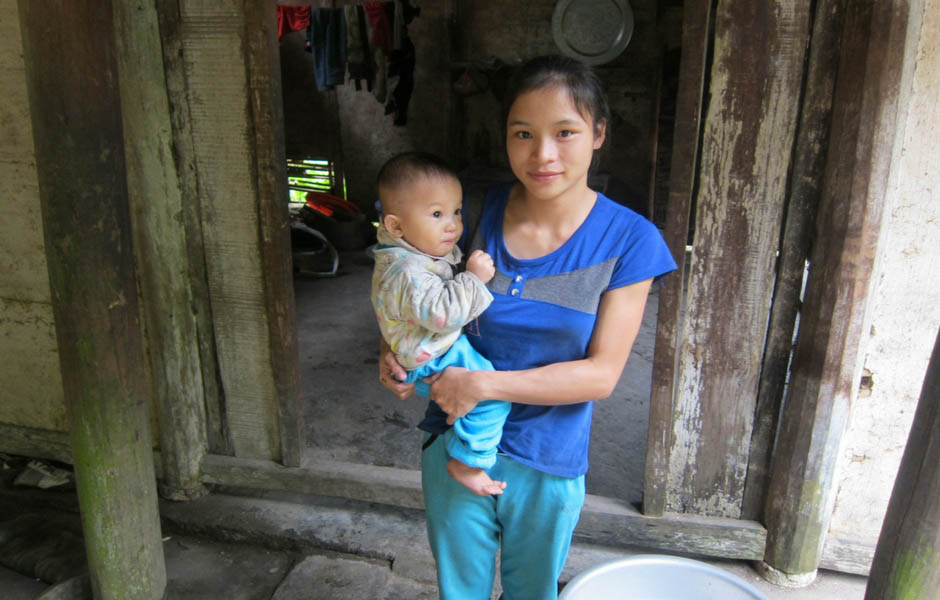News & Updates
Mobile phones are improving healthcare for isolated Vietnamese communities
30 January 2018

Mobile phones are bringing crucial health information to isolated ethnic minority women in Vietnam.
Vietnamese ethnic minority women often lack access to mainstream maternal and childcare services due to geography, language, education and poverty; causing them to experience much higher mortality rates than the majority Kinh population.
Vietnam’s Institute of Population, Health and Development (PHAD) piloted a mobile health (mHealth) programme to access these remote communities. Researchers tested their mHealth programme in eight communities of the Dinh Hoa district of Thai Nguyen, in northeast Vietnam.
The results indicated that the programme increased women’s awareness, knowledge and compliance with advice for a healthy pregnancy and new born care. The pilot also improved the skills and increased the knowledge of village health workers and health centre staff, improving the districts overall health system.
Vietnam has made significant progress in recent years towards improving the health of mothers and children; however, ethnic minorities lag far behind with higher fertility rates, high infant and child mortality rates and lower life expectancies.
The role of mHealth in Vietnam for further improving health has significant potential as the country has well connected phone networks. In 2016 an estimated 93% of Vietnamese owned a mobile phone.
A survey prior to the research indicated that distance, lack of time and fear were key factors preventing pregnant women from accessing health care.
The research involved 820 pregnant women and new mothers from eight different communities around Thai Nguyen. Each woman received 75 text messages during their pregnancy and the year following birth. For example, mothers were reminded via text to take iron and other supplements.
The health centre checked up on women who did not respond to their text messages and as a result no participant dropped out of the programme.
The results were overwhelming positive with all participants saying the texts provided valuable information during key periods of pregnancy and infanthood. The most valued information was on vaccinations, nutrition, ultra sounds and breastfeeding.
Receiving information over the phone was a positive development for the women as it was convenient and eliminated the need to go to the health centre. Many health workers reported that the women’s confidence increased as they phoned health care providers more frequently about a range of health questions not exclusive to pregnancy and infancy.
According to the study, the provision of mHealth also changed family dynamics as many women shared and discussed the messages with their husbands, which is very uncommon in a society where childcare has traditionally been considered a woman’s domain.
Healthcare professionals also overwhelmingly supported the programme, stating that it improved their ability to monitor pregnancy and infant health as well as their technical health knowledge.
If you’d like to stay informed on the latest updates in aid and development, please sign up for the AIDF newsletter.
Image credit: IDRC